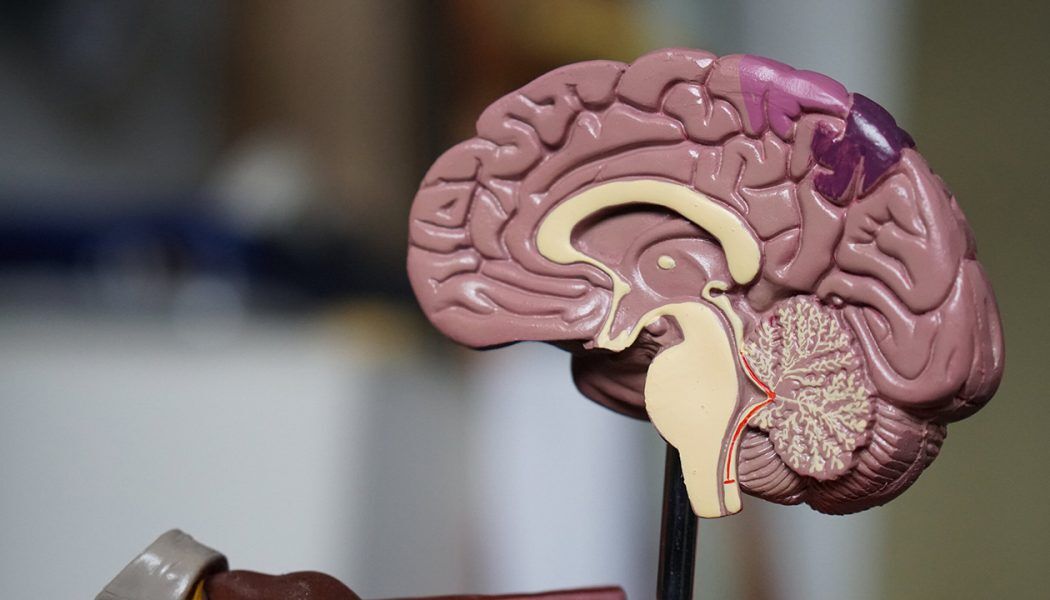A study by Neuro Scientists at MIT throws light on how the timing of a Memory is encoded in the Hippocampus. Hippocampus is a complex brain structure. It plays a major role in learning and memory.
“When we experience a new event, our brain records a memory of not only what happened, but also the context, including the time and location of the event.”
Studies in animals
According to the studies by the scientists Time and Space are encoded separately in the Hippocampus. They did studies on mice and the researchers have identified a hippocampal circuit that animals use to store information. They studied about the circuit that helps the mice to decide when to turn left or right in a maze.
When they blocked the circuit, the mice were unable to remember which way they were supposed to turn next. But disrupting the circuit did not have any effect on their memory of where there were in space.
Accordingly they say, when we form new memories, different population of neurons in the brain encode time and place information.
Time and Place Cells
About 50 years ago, neuroscientists discovered that the Brain’s Hippocampus contains neurons that encode memories of specific locations. These cells are known as Place Cells. They store information that becomes part of the context of a particular memory. In 2011, scientists discovered cells that keep track of Time in a part of the Hippocampus known as CA1.
Chris MacDonald, a research scientist at MIT’s Picower Institute for Learning and Memory and the lead of the study says “There is an emerging view that Place Cells and Time Cells organize memories by mapping information onto the Hippocampus. This spatial and temporal context serves as a scaffold that allows us to build our own Personal Timeline of Memories”.
Source of the information: report by Medical Xpress.
Read More about Brain Circuit that encoded timing of events here
